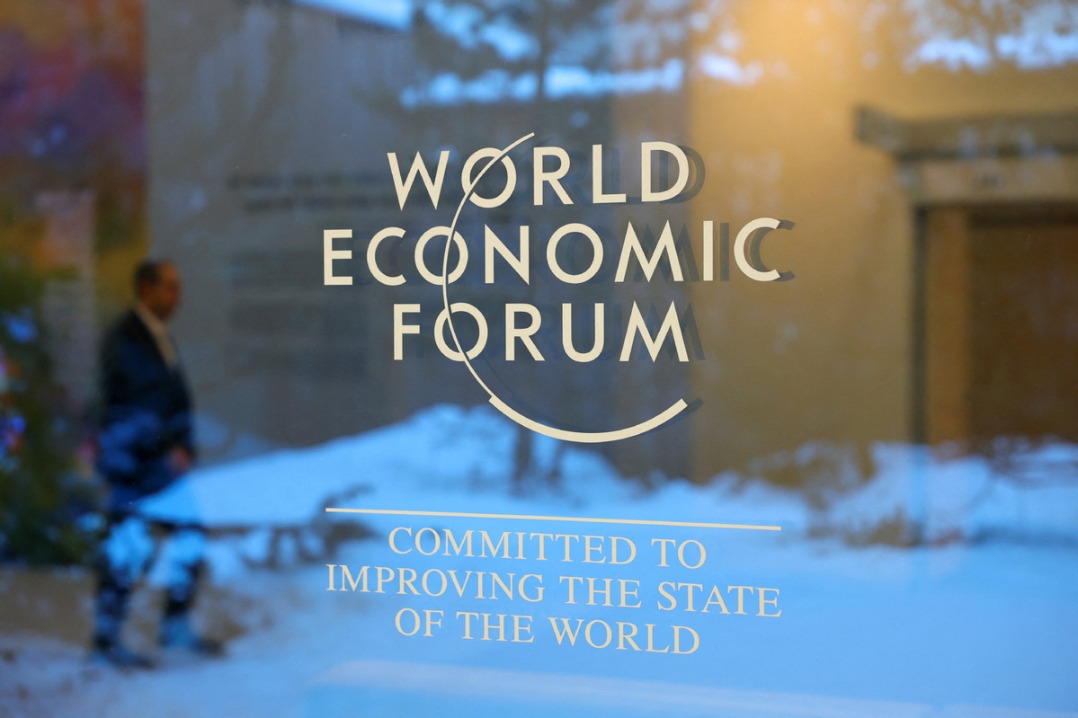Will Israel-Iran conflict trigger another 'Middle East war'?

Domestic politics at play for each nation
The recent conflict between Israel and Iran has captured global attention, with both countries engaging in strategic moves amid escalating tensions. Initially, Israel's strike on Iran's consulate in Syria sparked outrage, leading to speculation about its motives and repercussions. It's evident that Israel, facing mounting pressure from the international community over its actions in Palestine, sought to change the narrative by targeting Iran.
Moreover, Israel sought to test the limits of US support, given the Biden administration's cautious stance on its military operations. With domestic concerns in the US regarding its unwavering support for Israel, the Biden administration faces a delicate balancing act. Israel's actions risked exacerbating tensions with Iran and potentially drawing the US into the conflict, a scenario the Biden administration sought to avoid.
Iran, on the other hand, faced a dilemma. While compelled to retaliate against Israel's aggression, it was wary of escalating the conflict into a full-scale war. Despite the pressure to respond, Iran's retaliation was calculated and limited, reflecting its desire to avoid further escalation.
The recent conflict underscores the complex dynamics at play in the region, with Israel and Iran testing each other's resolve while navigating the broader geopolitical landscape. The limited nature of the conflict suggests a desire on both sides to avoid a full-blown confrontation, at least for now. However, the long-term implications for regional peace and stability remain uncertain.
Moving forward, it is essential for all stakeholders to prioritize dialogue and diplomacy to address underlying grievances and prevent future conflicts. The international community, particularly the US, must play a constructive role in facilitating negotiations and de-escalating tensions in the region. Failure to do so risks further destabilization and the potential for a broader conflict with far-reaching consequences.
Huang Minxing, a professor at the Institute of Middle Eastern Studies, Northwest University
The views don't necessarily reflect those of China Daily.
If you have a specific expertise, or would like to share your thought about our stories, then send us your writings at opinion@chinadaily.com.cn, and comment@chinadaily.com.cn.


































